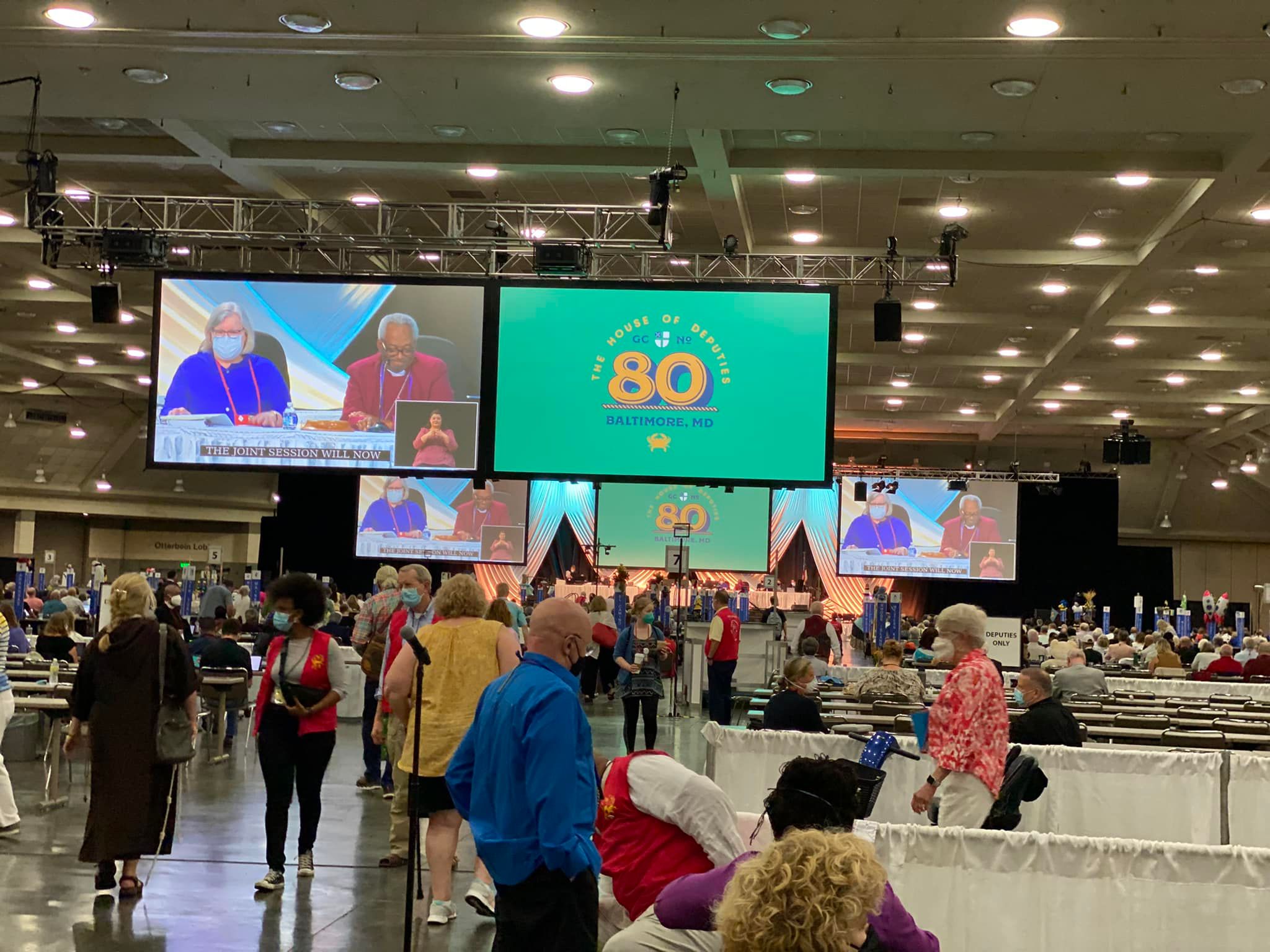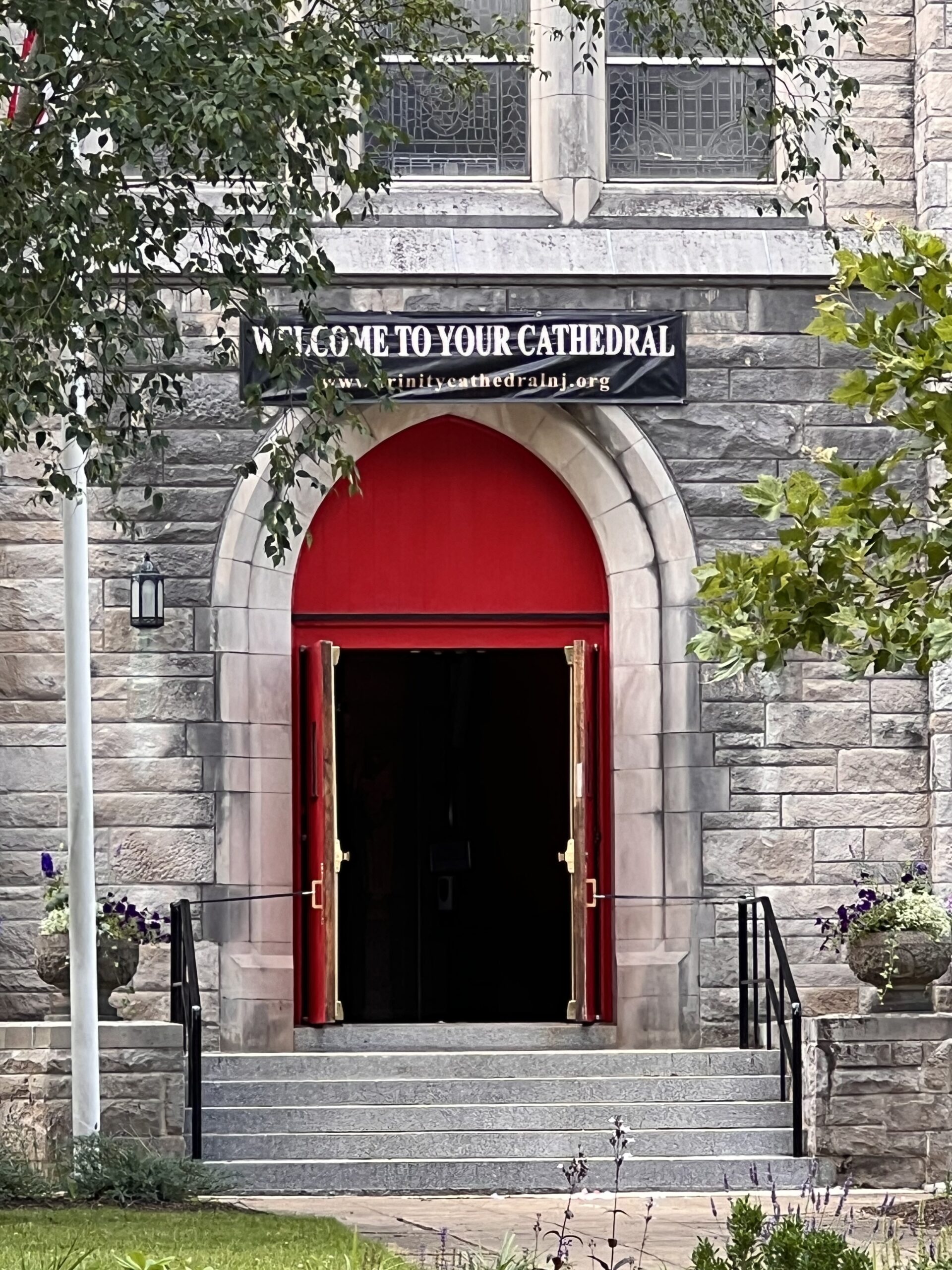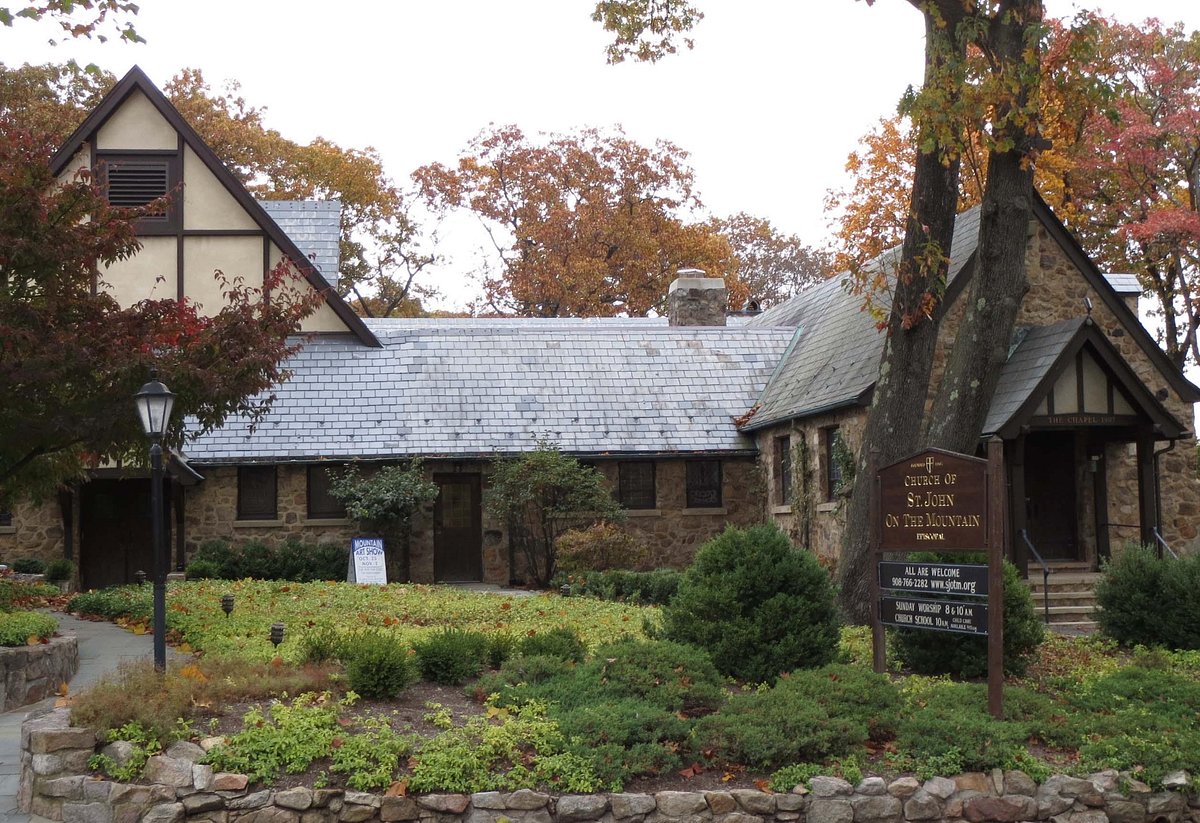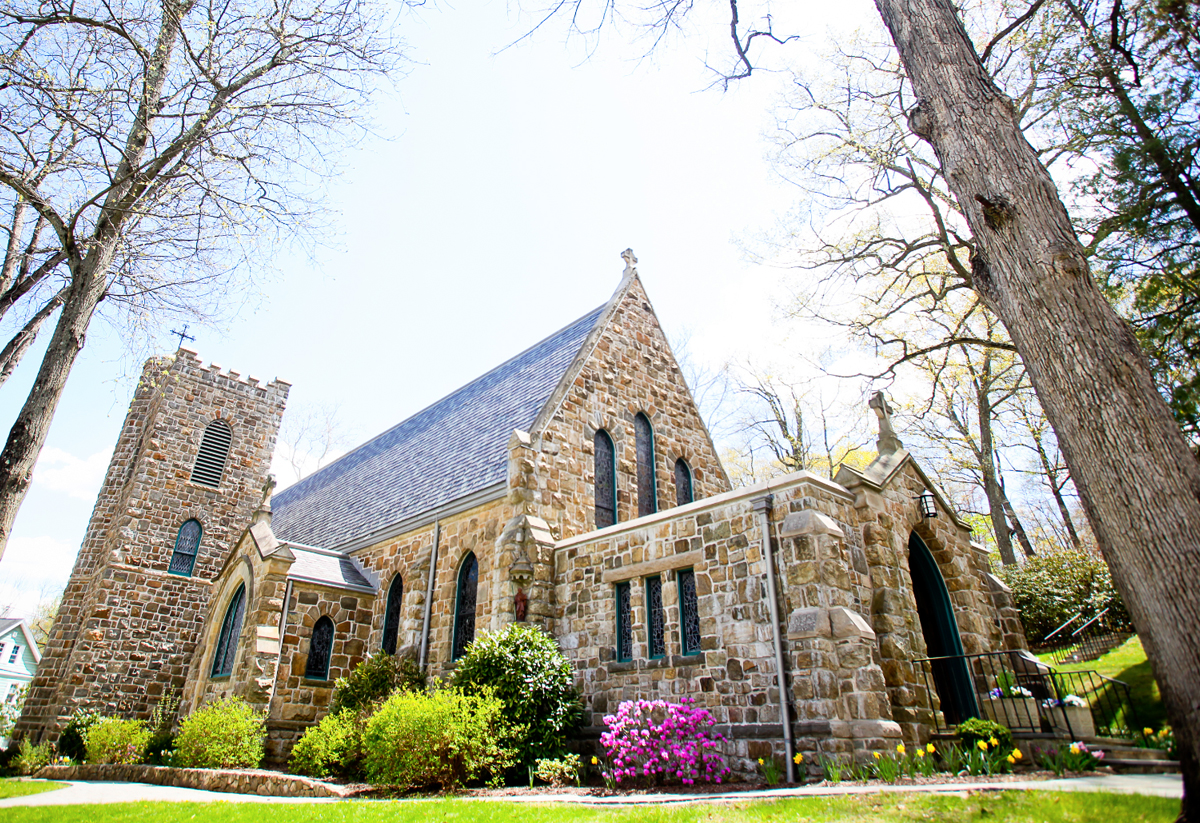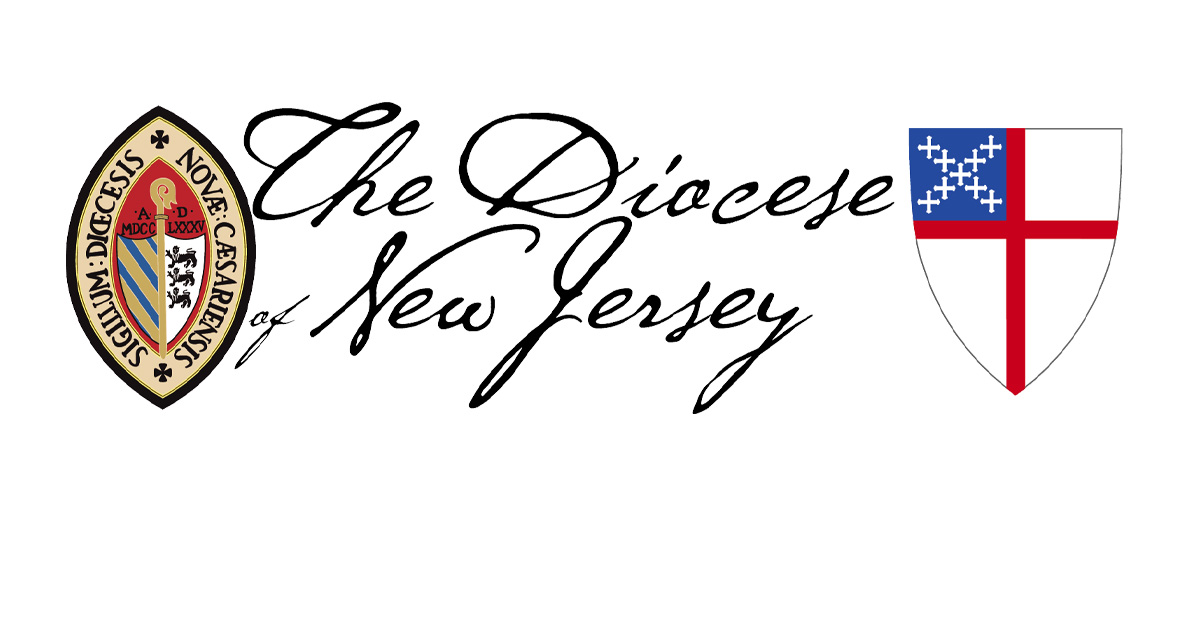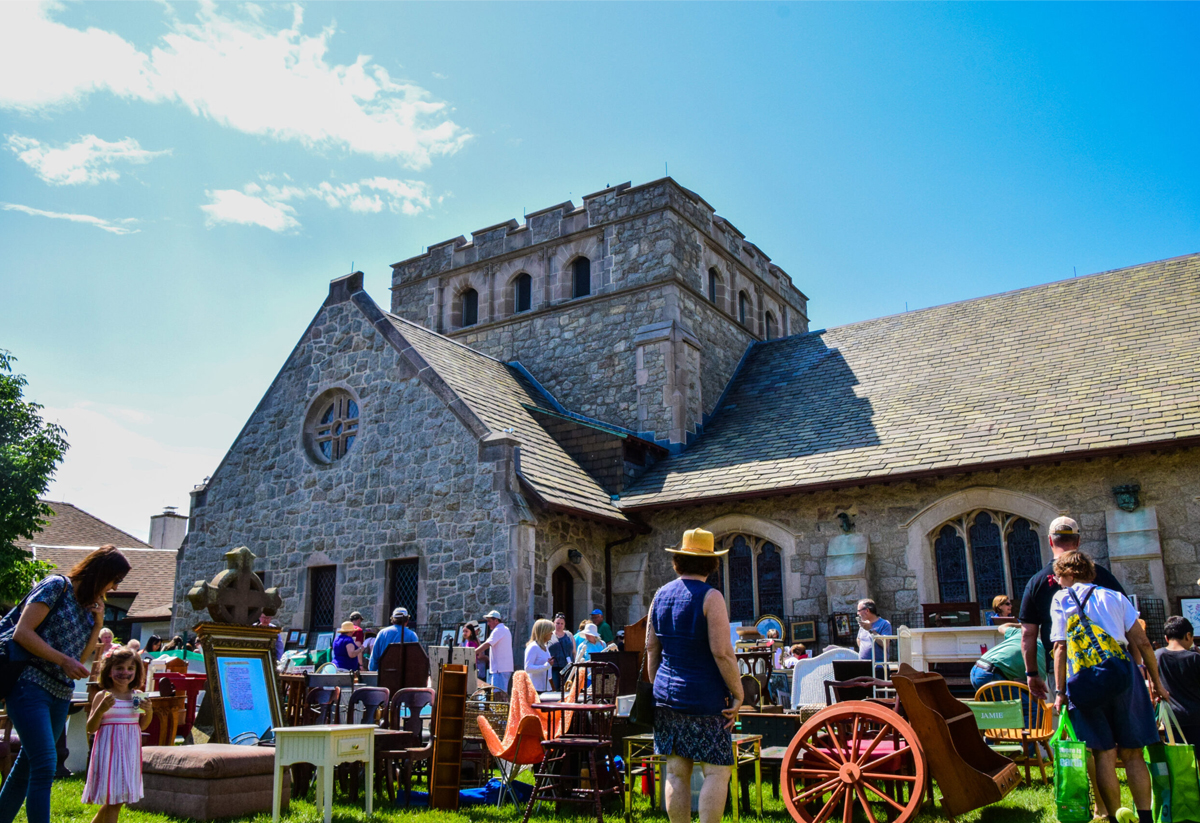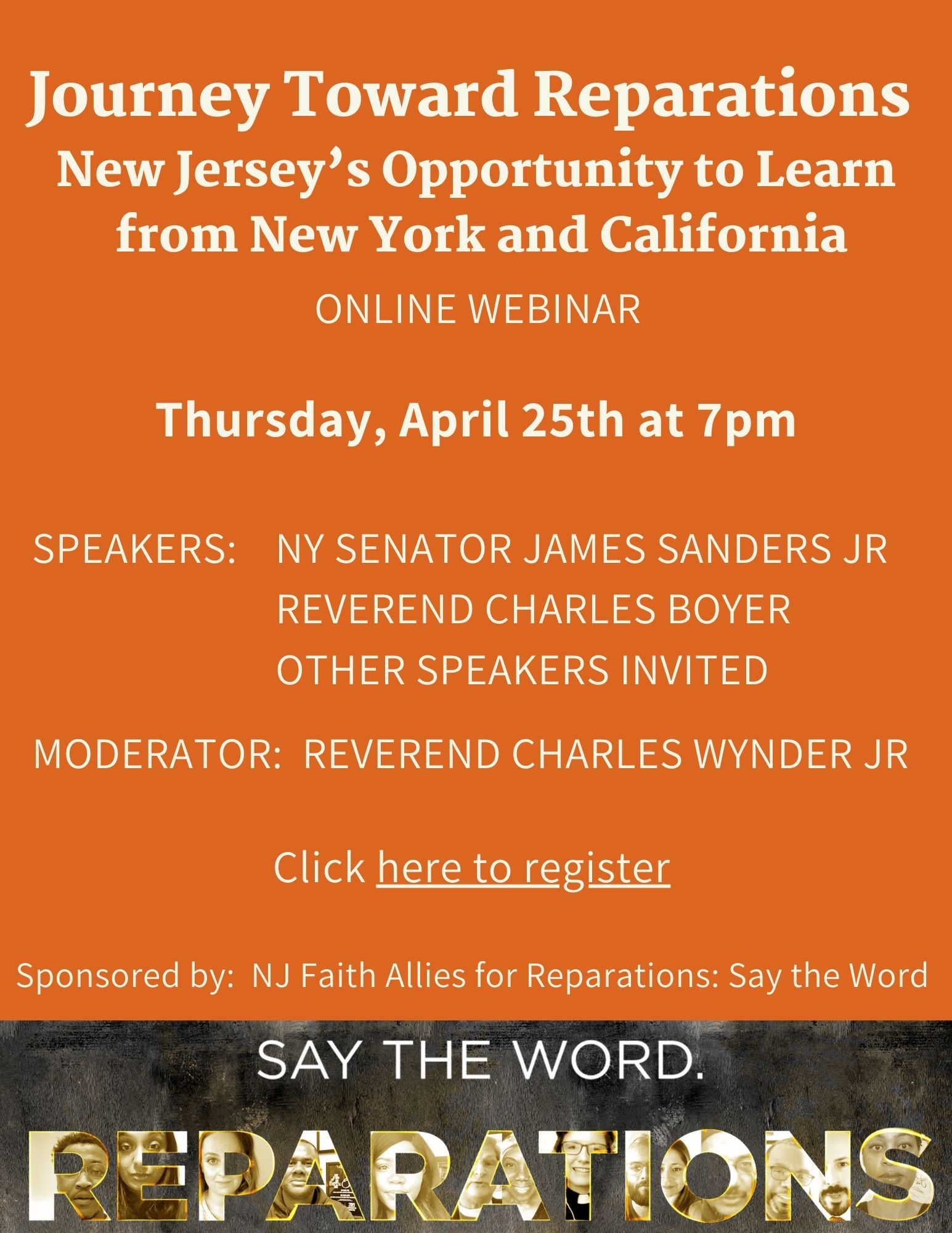Dear People and Friends of the Diocese of New Jersey,
Do not be conformed to this world, but be transformed by the renewing of your minds, so that you may discern what is the will of God—what is good and acceptable and perfect. . .—Romans 12:2
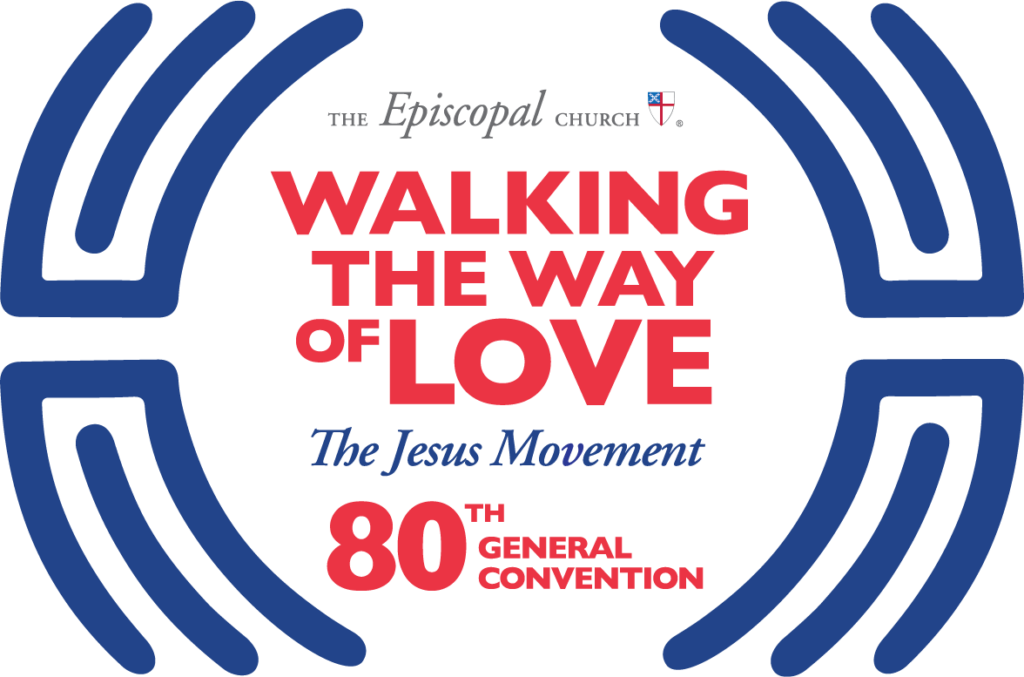 The 80th General Convention of The Episcopal Church “is a wrap.” It was a time of prayerful discernment for us all. The governing body of our Church met in Baltimore, Maryland, for four days of legislative sessions beginning on Friday, July 7, and ending on Monday, July 11. During that time, the two Houses of General Convention—The House of Deputies and The House of Bishops—took action on 414 different resolutions that addressed everything from changes in the Constitution and Canons of the Church to a call for banning or regulation of so-called “Ghost Guns.”
The 80th General Convention of The Episcopal Church “is a wrap.” It was a time of prayerful discernment for us all. The governing body of our Church met in Baltimore, Maryland, for four days of legislative sessions beginning on Friday, July 7, and ending on Monday, July 11. During that time, the two Houses of General Convention—The House of Deputies and The House of Bishops—took action on 414 different resolutions that addressed everything from changes in the Constitution and Canons of the Church to a call for banning or regulation of so-called “Ghost Guns.”
Normally, General Convention is held every three years. Because of the COVID19 pandemic, the 80th General Convention, which was to have been held in 2021, was postponed to 2022. The 81st General Convention will be held in Louisville, Kentucky, in the summer of 2024, which will allow the normal “triennial” schedule to resume.
I have been to eight General Conventions. This one was the strangest. Because of COVID19, the General Convention Office, organizers of the General Convention, exercised great caution in establishing the rules and protocols that governed us throughout. As is customary, the House of Deputies and the House of Bishops met in two separate halls of the Convention Center. This is necessary as each does its legislative work independently and because the House of Deputies has more than 800 members—four clergy and 4 lay deputies from each diocese. The House of Bishops has only about 190 members of which about 120 usually attend convention (the absences are mostly retired bishops).
In the past, however, traffic between the two houses has been heavy. There has historically been a great deal of intermingling and contact between bishops and deputies. In the past, there were opportunities for bishops to sit in the House of Deputies for discussions, presentations, and photo-ops. This General Convention, there was very little contact between the two. In fact, the only time bishops sat with deputies was for a joint session at which the budget was presented. This joint session is required by the canons of the Church. Even with this, bishops were required to sit in the back of the hall apart from the deputies. Throughout convention it was difficult for me to tell there were a thousand people at work in another part of the building.
Some may wonder how more than 400 resolutions were addressed in such a compressed amount of time. The answer to this is two-fold: First, for the first time in the history of General Convention, legislative hearings began online months before the Convention itself. As I wrote last week, all matters to be considered by General Convention must first be presented at public hearings before legislative committees made up of members of the House of Deputies and members of the House of Bishops. Following the hearings, the legislative committee of each, Deputies and Bishops, recommends a particular action on the resolutions. These may be “adopt,” “amend,” “refer,” “take no further action.”
Because of the shortened length of this General Convention, after hearings most resolutions were placed on the “consent calendar” of each House. The consent calendar groups resolutions so that they are voted upon in one action. Of course, Deputies or Bishops may remove any item from the consent calendar if they feel it requires further discussion or consideration on the floor of either House and that did occur for several resolutions. Overall, however, most resolutions in this General Convention were acted upon through the Consent Calendars of each House.
There were several highlights of this General Convention. As a Church, we have been clear in calling for responsible gun legislation. Several resolutions were passed that addressed this. It was tragically ironic that a fatal shooting took place across the street from the hotel where the New Jersey Deputation was staying the day Convention began. Bishops United Against Gun Violence, of which I am a member, organized a march and prayer vigil as a witness against the on-going scourge of guns and gun-violence in this country.
41-year-old lay woman Julia Ayala Harris of Oklahoma was elected as President of the House of Deputies. She succeeds the Reverend Gay Clark Jennings whose term expired with this General Convention. Ms. Harris is the youngest person and first Latina to be elected to this office in the history of The Episcopal Church. The House of Deputies also elected The Reverend Rachel Taber-Hamilton who, as our own Mary Frances Schjonberg reported for Episcopal News Service “is Shackan First Nation, is the first Indigenous and first ordained woman to serve as vice president.”
The Diocese of North Texas was “reunited” with the Diocese of Texas. The former diocese had been struggling as a result of a divisions in 2008 which led many Episcopalians in what previously was the Diocese of Fort Worth to break away over issues of sex and sexuality and same-sex marriage. Bishop Scott Mayer has done amazing healing work in North Texas and helped lead the people of that diocese to this moment.
Racial Justice and Reconciliation has been a significant “pillar” of The Episcopal Church’s missional work throughout the ministry of our Presiding Bishop, The Most Reverend Michael Curry. The 80th General Convention voted to create and fund with seed funding of $400,000 the Episcopal Coalition for Racial Equity and Justice “as a voluntary association of Episcopal dioceses, parishes, organizations, and individuals dedicated to the work of becoming the Beloved Community.” (See Resolution A-125).
A great deal more happened at this General Convention that I and the Deputies from New Jersey will share with you in the weeks and months ahead. To read an overview of what happened that includes some of what I have mentioned above as well as other matters of interest, see Mary France Schjonberg’s article for Episcopal News Service here.
I am most grateful to those from the Diocese of New Jersey who served as Clergy and Lay Deputies. Special thanks go to our Diocesan Chancellor, Canon Paul Ambos who coordinated all the arrangements for our entire deputation as well as his spouse Catherine Ambos who not only served as a volunteer for the 80th General Convention, but who also serves as “den mother” for the us all. Others present at General Convention were: The Reverend Canon Valerie Balling who served as Chair of the Deputation, Canon Noreen Duncan, Canon Barbie Bach, Canon Wendy Blackman, The Reverend Deacon Gail Bennett, The Reverend Deacon Trisha Thorme and The Reverend Emily Mellott, who was also kept busy as a member of the Dispatch of Business Committee.
The Reverend Ben Maddison served as First Clergy Alternate, and had opportunity to be on the floor as did Canon Annette Buchanan who served as Lay First Alternate. Dr. Karen Bemis was 3rd Lay Alternate and served as a volunteer. Susan Stokes served as a volunteer for the General Convention Office in the House of Bishops throughout the Convention.
This group of faithful people represented the Diocese of New Jersey admirably. You may anticipate them sharing their experiences with you in the near future.
32 people contracted COVID19 during the course of Convention, but the cases were all manageable. Overall, The Presiding Bishop, the President of the House of Deputies, the Secretary of General Convention (The Rev. Michael Barlowe), are all to be commended for doing an outstanding job of organizing this event in very challenging circumstances. I am sure I speak for the entire deputation and the volunteers when I say it was our great honor to serve.
Blessings and peace.
In Christ,
 The Right Reverend William H. Stokes
The Right Reverend William H. Stokes
12th Bishop of New Jersey

